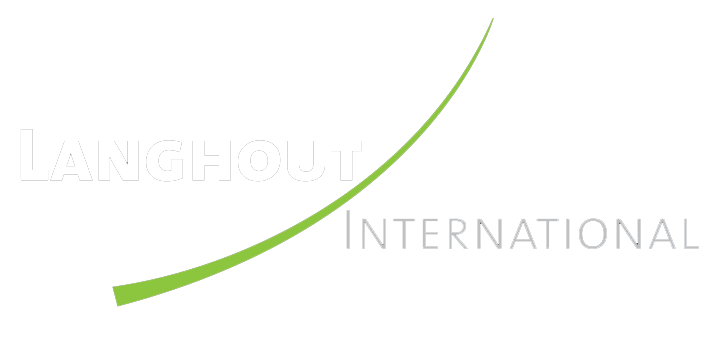Roselinde Torres, in a recent TED talk, describes a new 21st Century world which is global, digitally enabled, transparent, with faster speeds of information flow and innovation, and where nothing big gets done without some sort of a complex matrix. Ms. Torres suggests that leadership is defined by three important questions that we should be considering for ourselves as leaders, and for those whom we lead.
1. Where are you looking to anticipate change? What are you reading, where are you traveling, who are you talking to, and about what topics? How are you preparing for disruptive innovation and change? “Great leaders are not head down, they peer around corners, shaping their future not reacting to it.”
2. What is the diversity measure of your network? How diverse is your network? If you are continually giving and taking from the same people for years and years, its time to add depth and breadth to your network, and seek new concepts and new ideas. Seek the wisdom and opinions of people who are different than you, who despite these differences can connect with you, and trust you enough to cooperate with you in achieving a shared goal. “Great leaders understand having a diverse network is a source of pattern ID at greater levels, and of solutions because you have people who are thinking differently than you are. People that will join you are different thinkers, not from your traditional network. They are willing to join you and take a leap.” Taking that leap takes trust, and trust is about relationship. Do you have the trust relationships in place that will allow effective influence to achieve the aggressive goals and push through the obstacles to achieve greatness?
3. Are you courageous enough to abandon the past? What worked for you and others decades ago may not work for you today. Sure, some of the skills you have acquired along the way are helpful, but new concepts need to be embraced for you to succeed as a leader in the 21st century. “Great leaders dare to be different. They don’t just talk about risk taking. They do it.”
I refer to her concept as Leadership in the New Economy, where leaders everywhere in every company need to engage in a process of self examination. Leaders today need to decide if they will continue operating with traditional methods which may slow their progress as leaders, using leadership development programs that are outdated and do not serve the needs of leaders of today, or embrace the changing tide of disruptive innovation, and make adjustments that ensure success.
We should stop thinking about protecting what we have, with a constant focus on old patterns and behaviors, and start thinking about becoming a talent economy. How are we changing our style as leaders to engage our teams in productive and inclusive ways that encourage innovation? How are we structuring our teams and organizations for maximum communication and flow of thoughts? How are we directing traffic on projects, and how do we delegate authority? What are we personally willing to give up as leaders? And how are we preparing our younger employees for future leadership?
It has been my observation that many 21st century workers are willing to be accountable to others, desire responsibility, and demonstrate natural leadership. This generation has emerged with tools that allow constant communication, connectedness, and sharing of information across silos in matrix organizations that can’t possibly be ‘managed’ by leaders using top down outdated traditional tools. New mechanisms of leadership must be developed and applied to bring out the best in people in The New Economy. We have a big challenge to bring various and disparate projects together and operate as a cohesive whole. It’s a journey I’m proud to be on.



